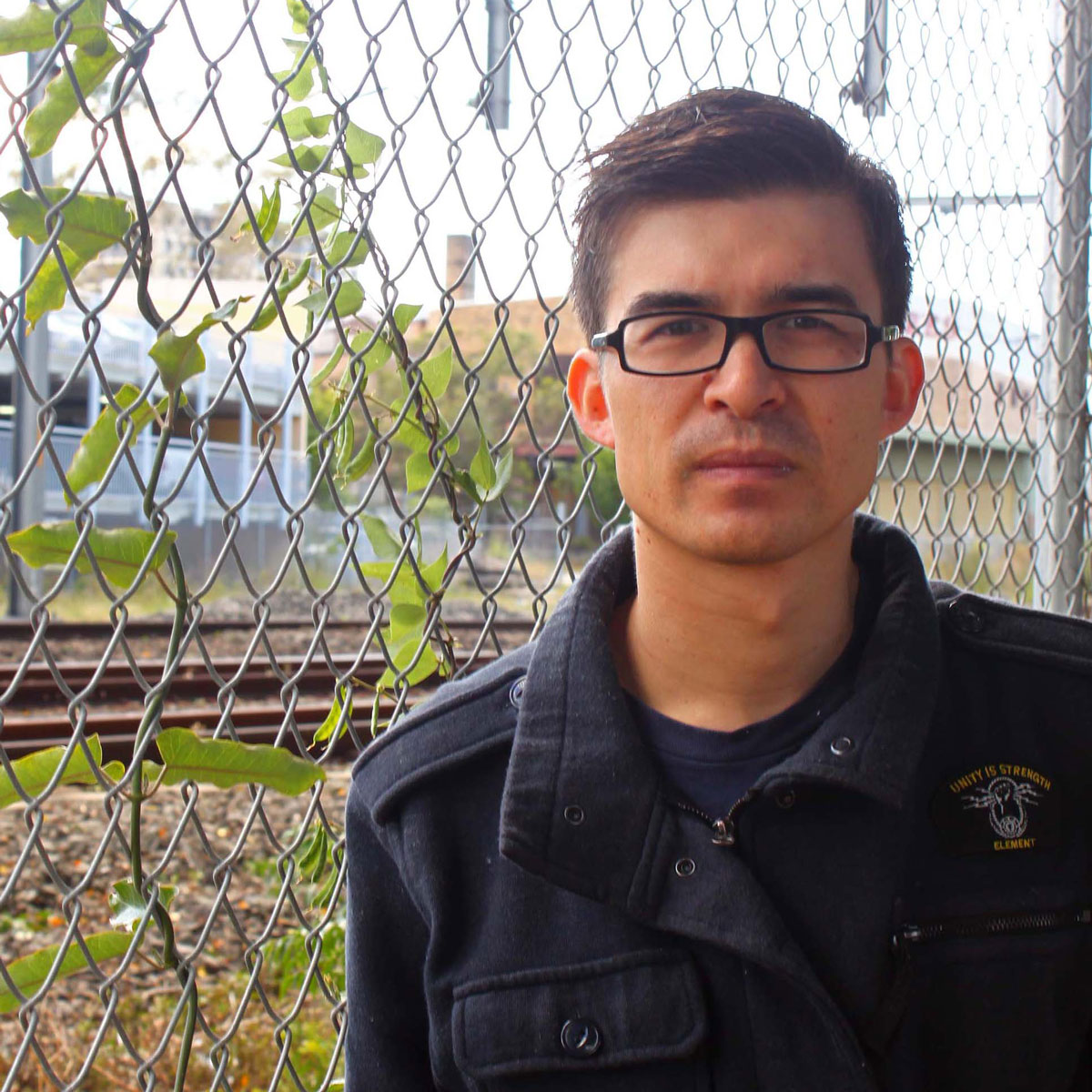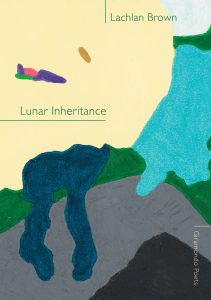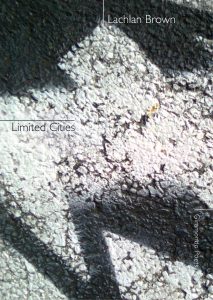
Lachlan Brown
Lachlan Brown grew up in Macquarie Fields in South West Sydney. He has published two collections with Giramondo: Limited Cities (2012), which was commended for the Mary Gilmore Award, and Lunar Inheritance (2017). In 2021, he won the Newcastle Poetry Prize. His poems have been shortlisted and highly commended for the Gwen Harwood Poetry Prize, the Canberra Poetry Prize, the Newcastle Poetry Prize, the Judith Wright Poetry Prize, and the Blake Poetry Prize. He teaches literature at Charles Sturt University, Wagga Wagga.


